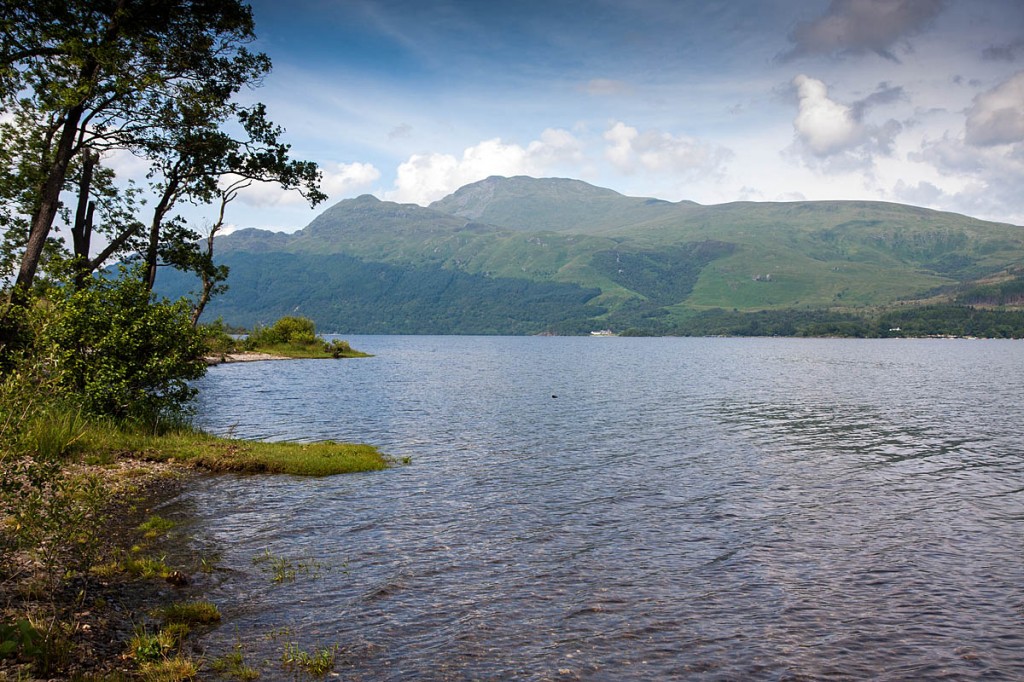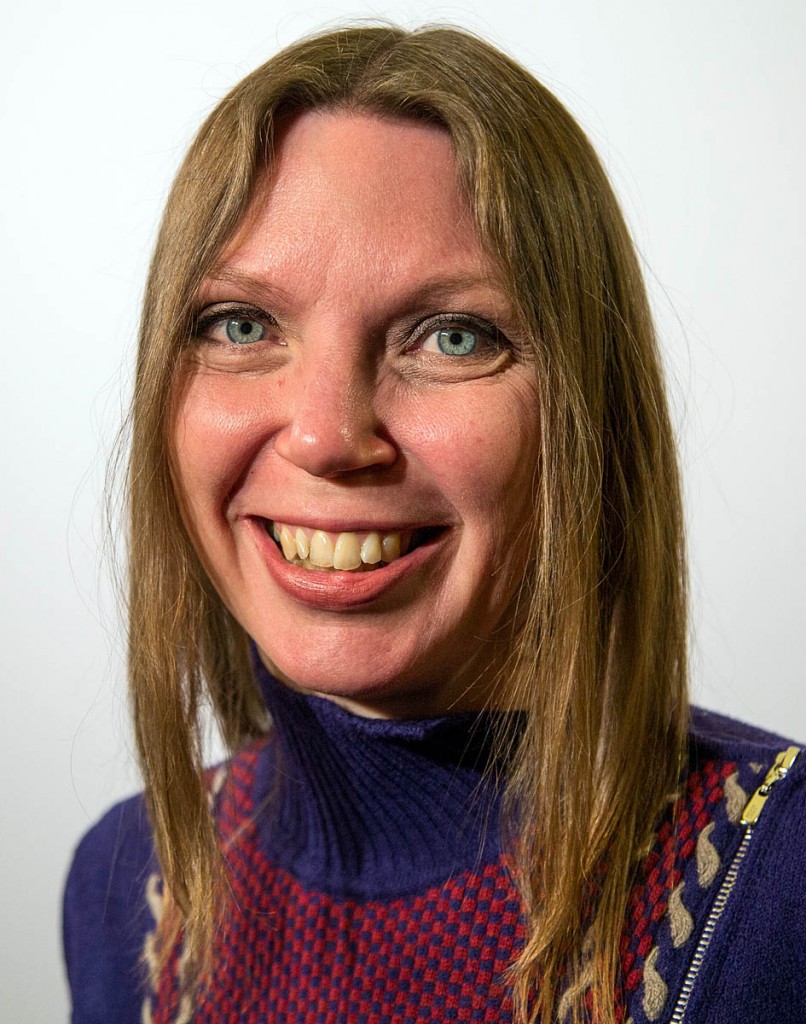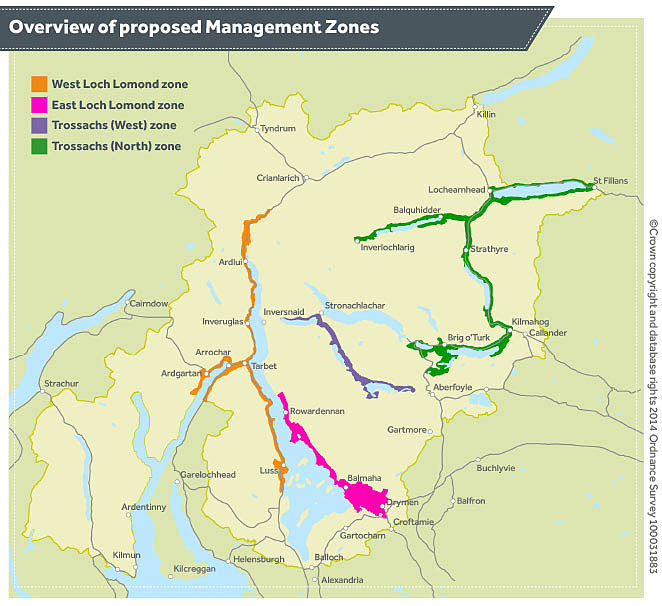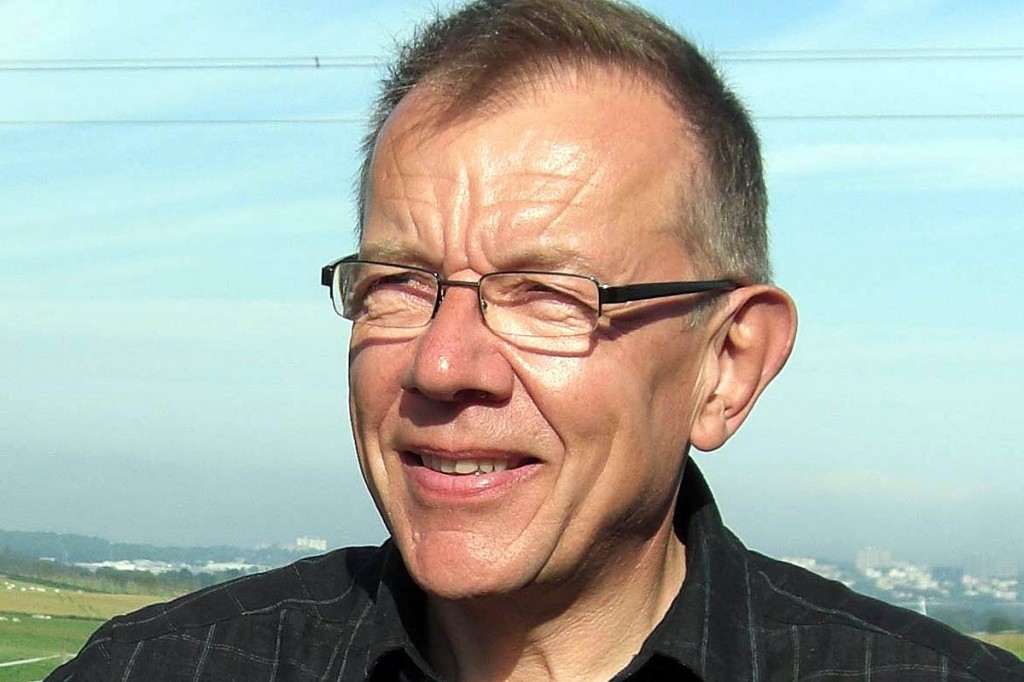Mountaineers’ and walkers’ organisations have reacted with dismay at the Scottish Government’s approval of a camping ban in parts of a national park.
Environment minister Aileen McLeod has given the green light to Loch Lomond & the Trossachs National Park Authority’s plans to restrict informal camping in several lochside areas in summer months.
But the minister has told the authority to delay implantation of new bylaws until new paid-for campsites are in place.
The authority welcomed the decision, but Ramblers Scotland, the Mountaineering Council of Scotland and the Scottish Sports Association all condemned the move. The Ramblers said they will oppose them when they come up for renewal.
The Scottish Government said: “Environment minister Aileen McLeod has approved new camping management bylaws as part of plans to invest in better camping places and introduce measures to manage camping in four ‘hot spot’ areas, where the environment is suffering from damage caused by a combination of high volume and antisocial camping.
“Having been adjusted to take account of comments during the park’s consultation, these seasonal bylaws cover just 3.7 per cent of the area of the park, and will only be in force for seven months of the year – a month less than for the existing area at east Loch Lomond.”
Dr McLeod said: “The evidence that I have seen of damage caused, particularly in some of the most environmentally fragile spots in the national park, tells a compelling tale of the need for action.
“Abandoned campsites, discarded litter, destruction of plants and trees and the cumulative environmental damage caused by irresponsible campfires is not something that we can allow to happen.
“In making this decision, I have listened very carefully to the views of those who are concerned that the bylaws will impact upon those who camp responsibly.
“Although I have approved the bylaws, I have delayed their implementation to ensure the introduction of an initial 300 camping places in the small but environmentally sensitive area of the park affected. Combined, these measures will allow for the better management of camping in these ‘hot spots’, while ensuring the measures are thoroughly monitored and evaluated.”
Loch Lomond & the Trossachs National Park Authority said new seasonal camping management bylaws will come into force in March 2017 and will apply from 1 March to 30 September each year and are designed to regulate camping, tackle antisocial behaviour and make it an offence to cause damage to the park’s natural environment.
They will also prevent inappropriate use of public laybys as encampments by caravans and campervans.
The authority said it will work on continuing education on respect for the national park and ongoing working with Police Scotland to enforce both existing and new legislation.

An impression of one of the new informal campsites produced by the park authority. Image: Loch Lomond & the Trossachs NPA
It added that there will be 300 low-cost camping places through a combination of new and improved camping facilities and camping permits to allow informal lochshore camping at sustainable levels.
The new bylaws will affect most of the west shore of Loch Lomond and extend into part of Glen Falloch. They will also cover the northern part of Loch Long, the northern shore of Loch Arklet, most of Loch Chon and Loch Ard, and a swathe of the eastern national park, including Loch Achray, Loch Venachar, Loch Lubnaig, Loch Drunkie, Loch Earn and Loch Voil.
Loch Lomond & the Trossachs National Park Authority convener Linda McKay said: “This is tremendously positive news for all those who, like us, want to protect and enhance some of Scotland’s most precious natural places.
“These carefully considered proposals reflect the views of a wide body of interests and demonstrate the delicate balance that needs to be struck when caring for our national parks.
“We firmly believe that the combination of improved camping facilities alongside management of camping pressures on our loch shores will encourage people to enjoy everything that’s great about Scotland outdoors, while protecting Loch Lomond & the Trossachs for this generation, and the next.”
But Ramblers Scotland said the new regime will penalise responsible walkers. Director Jess Dolan said: “This is a sad day for everyone who holds Scottish access rights dear.
“The national park itself has admitted that most of the anti-social problems arising from some camping activities are caused by a lack of infrastructure and enforcement of existing legislation. Therefore we are disappointed that the minister has decided to approve bylaws, albeit with a short delay before they come into effect.
“We are aware of very strong feelings on this matter from our members, visitors to the park and others enjoying outdoor recreation in Scotland. The vast majority of people who camp in the park and across Scotland are doing so responsibly and they will now be penalised by this byelaw.
“We don’t condone anti-social behaviour and believe that there is existing legislation which should be properly implemented to tackle any problems arising from any anti-social behaviour in the park.
“It’s important to ensure all visitors to our countryside understand their rights and also their responsibilities in terms of camping, whether in a tent on top of a mountain or by the side of a road in a campervan.
“We are therefore calling upon both of our national parks, Scottish Natural Heritage, the Scottish Government, local communities and recreation bodies to work together to devise a national strategy to promote these messages and stop the blight of litter and anti-social behaviour which has led us to this situation.
“We do not want to see any more bylaws restricting access in Scotland and will be working to ensure that these bylaws are not renewed in three years’ time when they come up for review.”
The Mountaineering Council of Scotland expressed its profound disappointment at the minister’s decision. Chief executive David Gibson said: “While the decision by the minister to approve bylaws is most disappointing, she does acknowledge that steps must be taken by the park authority to manage lochside issues more effectively.
“We felt that Police Scotland and the park authority already had those powers and that the new bylaws were completely unnecessary.
“There is some positive news in that the park authority is required to accelerate the well overdue introduction of new camping facilities prior to the implementation of the bylaws.
“We believe that an outcome of the bylaws will be that they will criminalise those who would otherwise wish to exercise their rights to wild camp responsibly under the terms of the Land Reform (Scotland) Act 2003. As such, this decision goes against the rights to responsible access provided in the act.
“While we do not consider this to be a positive day for access rights in Scotland, we will continue to work with the national park authority and others to protect the rights of walkers and climbers.”
Kim Atkinson, chief executive of the Scottish Sports Association said: “On behalf of our Outdoor Pursuits Group members, we are very disappointed that the Scottish Government has decided to approve camping bylaws over significant areas of the Loch Lomond & the Trossachs national park.
“Our OPG members have always acknowledged that there are significant problems arising from certain roadside camping activities which take place along loch shores within the national park.
“However, our OPG remains unconvinced that bylaws are the solution, and remains concerned that they will undermine Scotland’s much-prized access legislation. It is our OPGs’ belief that the major cause of these problems is the lack of sufficient camping provision and other measures to manage visitor pressure.
“Our Outdoor Pursuits Group, which represents Scottish governing bodies of sport involved in outdoor and adventurous activities, has called for investment in campsites, toilet facilities, litter collection, education programmes and traffic management, rather than the introduction of heavy-handed enforcement through bylaws.
“Our OPG will, however, continue to work with the park authority, government, landowners, police and other recreation bodies to ensure that the new proposed camping provision is established and other measures are effectively implemented as soon as possible, so that the likelihood of the bylaws being required to be used is minimised. Our OPG remains passionate about Scotland’s world-leading access legislation and will continue to work to provide opportunities for everyone to realise and benefit from the opportunities this legislation presents.”
The park authority introduced its original ban on wild camping along a stretch of the eastern shore of Loch Lomond and 17km (10-miles) of the West Highland Way in 2011 in response to anti-social behaviour and vandalism in the area.
Its board unanimously agreed to extend similar bylaws to loch shores in other parts of the park in April last year, but the proposals needed the approval of the environment minister, which was given today.




Dave Taylor
26 January 2016Typical of the creeping legislation that infests all the constituent parts of the United Kingdom - phased in over a period of time by the politicians in the hope that people will not notice.
Let the Scottish Government get away with it this time - the second time in under five years that the politicians and their lackeys in the National Park Authority have rode roughshod over Scottish land reform legislation and within fifty years Scotland will be like England - very little legal freedom to camp anywhere without permission.
Stigofthenest
26 January 2016To be perfectly fair, my impression of the East Lomondside area at the roadhead and the stretch of Lochside north of Kilmahog a few years back was that the camping was completely out of control. Litter, abandoned kit, human waste.. it was not a pretty sight.
I dare say that most mountain folk will be relatively unaffected by all this. I'd rather be somewhere more remote any day of the year. As for very little freedom in England.. I have never had an issue. So long as you are discreet and adopt the leave no trace mentality. I've had wild camp nights from Northumberland to Cornwall.
Marion Boyle
27 January 2016It's all very well for the Ramblers' Association and the Mountaineering Council of Scotland to waffle on about how all problems would be solved if the authorities such as the police enforced the laws already in existence - they simply don't have the resources. Even with regular patrols of trouble-spots, the troublemakers would just wait till the patrol was out of sight then start up again. I've been a keen hillwalker for many years, and club member, but the M C of S emphatically does not speak for me - I'm a realist, with probably more experience of the kind of people who cause this sort of trouble, as well as of the responsible sort, than the M C of S.
Mike
27 January 2016I never understand the mentality of the idiots who rock up in their cars and camp about 20ft from the A82 on the western bank - and then invariably trash the place in doing so. Great move, long overdue - good riddance to them I say!
Felix
27 January 2016Mike, Some Chavs rock up from local villages; I saw it happen. Great to get them out there if only they would take their used stuff home. I stopped overnight in a Camper and cleared the layby of usual bottles, Bar-B-Q trays etc .
Pilrig
28 January 2016It's only a matter of time before Loch Lomond and Trossachs National Park becomes exempt from the Land Reform Act. 'Our national treasure must be protected' and similar cliches will be wheeled out.
G.Amos
27 April 2016Dont camp there! The people who live nearby are the type of folks who dont want to share the place! They think they own the land! No this will not stop me, I dont camp at the loch anyway, dog walkers who dont leave no trace arrive in droves by car also. Leave no trace fellow campers please!